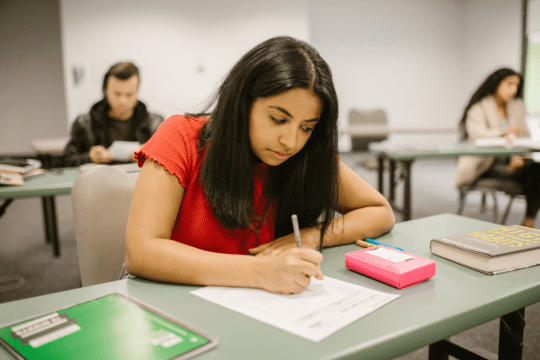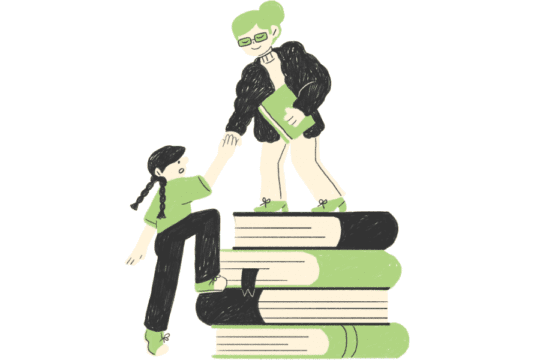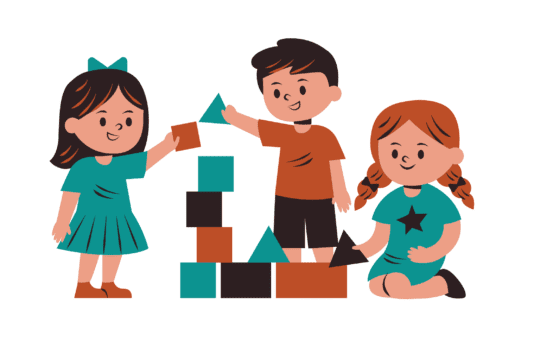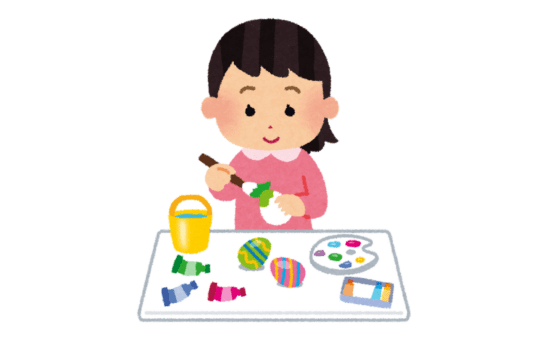Empowering students is at the heart of modern, meaningful education. Today’s world demands learners who are independent thinkers, adaptable problem-solvers, and active contributors to their communities. One of the most effective ways to achieve this is through hands-on and experiential education.
Why Empowering Students Matters

Empowering students is more than a teaching method — it is an educational mindset that shifts the classroom dynamic from teacher-centered to student-centered. When students feel empowered, they take ownership of their learning, engage deeply, and develop confidence in their abilities.
Building Confidence and Responsibility
When students are empowered, they start making decisions about their learning journey. This process builds responsibility and sharpens their ability to assess outcomes, revise their approach, and succeed through persistence. These real-world skills extend far beyond academics.
The Power of Experiential Learning

Learning Through Doing
Experiential education emphasizes real-world applications. Whether students are conducting science experiments, designing prototypes, or working on community projects, they gain firsthand experience of the concepts taught in class.
From Theory to Practice
By transforming theory into practice, experiential learning bridges the gap between classroom instruction and everyday life. For example, a student studying environmental conservation may participate in a local clean-up or design a recycling campaign, reinforcing both knowledge and personal growth.
Cultivating Critical Life Skills

Problem-Solving and Adaptability
Hands-on education encourages students to tackle complex tasks that require analysis, creativity, and critical thinking. Empowering students in this way prepares them to deal with uncertainty, manage real-world problems, and develop lifelong resilience.
Collaboration and Communication
Group projects, fieldwork, and peer-led activities teach students to work in teams. When students learn to cooperate, negotiate, and share responsibility, they develop social skills essential for future success.
Learning Beyond the Classroom Walls

Outdoor and Community-Based Learning
Empowering students involves allowing them to step out of the traditional classroom. Activities such as internships, field trips, and service-learning enable students to connect with their communities and understand the relevance of their studies in real life.
Natural Settings Foster Growth
Boarding schools in Shimla are great examples of institutions that blend academics with experiential learning. Located amidst the Himalayan foothills, these schools provide students with opportunities for outdoor exploration, leadership training, and personal growth through nature-based experiences.
Role of Educators in Empowering Students

Facilitators of Learning
Teachers play a crucial role in empowering students. Rather than simply delivering content, educators guide inquiry, encourage independent thinking, and support students as they explore new ideas.
Encouraging Student Ownership
When teachers create a safe space for questions, mistakes, and exploration, students feel confident taking risks and leading their own learning process. Empowering students in this way lays the groundwork for long-term academic and personal success.
Fostering Creativity and Curiosity

Igniting Passion for Learning
Experiential education fosters curiosity by encouraging students to question, explore, and innovate. When students are empowered to pursue their interests, they develop deeper engagement and long-lasting enthusiasm for learning.
Transforming Ideas Into Action
Projects that allow students to build, create, or contribute to their communities transform ideas into tangible outcomes. Empowering students through such experiences makes learning meaningful and encourages a sense of purpose. visual and experimental learning helps students grasp any concept in an efficient and easy way.
Conclusion
Empowering students through hands-on and experiential education transforms passive learners into active problem-solvers, innovators, and leaders. Whether inside traditional classrooms, through community-based projects, or at boarding schools in Shimla, experiential education is key to preparing students for future challenges.
By focusing on empowering students, educators help young minds unlock their potential and inspire them to embrace lifelong learning with confidence and curiosity. Empowered students aren’t just academically successful — they’re prepared to thrive in a world that values creativity, resilience, and collaboration.
Comments are closed.